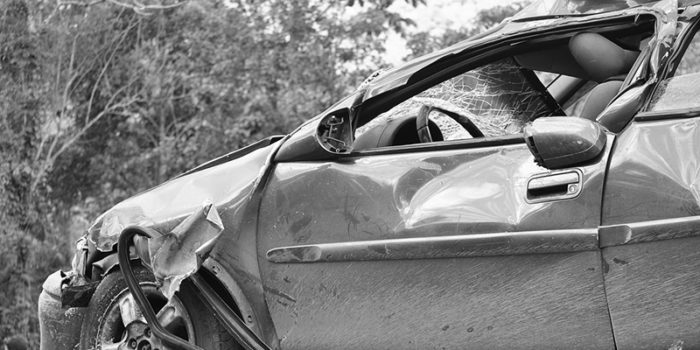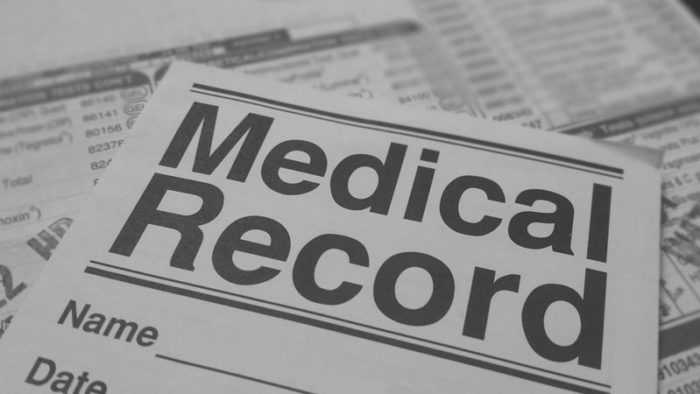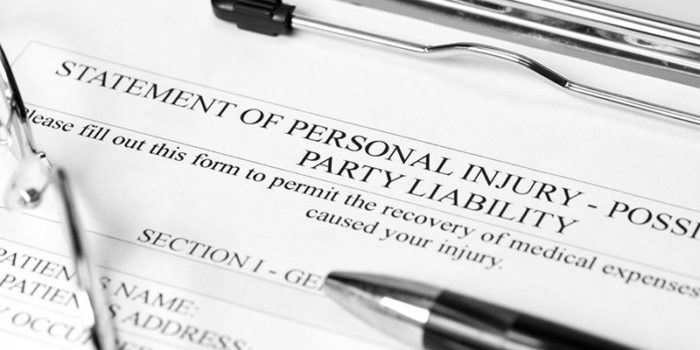Personal injury claims are one of the most common types of claims that compensation lawyers encounter. There are many different types of personal injury, and personal injury law covers a wide range of situations that may require compensation, so it is important to consult with a personal injury lawyer about how best to approach your particular case. If you believe that you have been involved in an incident that would be eligible for personal injury compensation, start taking legal action as soon as possible.
What are personal injury claims
A personal injury claim is intended to financially compensate a person who has suffered injury or harm due to the negligent or wrongful actions of another individual.
Read on to learn more about types of personal injury claims and how to make a claim.
Motor vehicle accidents – Injuries caused by motor vehicle accidents

Road accidents are a frequent occurrence in today’s society. Motor vehicle accidents can involve:
- cars
- motorcycles
- trucks
- bicycles
- all other vehicles on the road.
Unfortunately, even the best drivers can find themselves in road accidents resulting in serious injury or harm due to the negligent actions of another driver. While there is no way to eliminate this risk, there are steps you can take to make sure you are adequately compensated for any suffering you endure due to another driver’s wrongful conduct. Injuries caused by accidents among cars, motorbikes, boats, trains or other motor vehicles may constitute as a personal injury. This can include injuries such as:
- Head injuries
- Spinal injuries
- Burn injuries
- Loss of limbs
- Whiplash
- Severe stress or anxiety
- Death
Motor vehicle accident injuries are covered by personal injury compensation. You will need to speak with a personal injury lawyer to discuss if your injuries meet the degree to which you are entitled to make a personal injury claim. Be sure to get an expert medical opinion on your injuries and note whether they are expected to impact your daily activities and whether there is a chance they may worsen over time.
Slip and fall incidents in public settings

In public settings such as shopping centres, supermarkets, offices and schools, you have a right to feel safe. Owners of public spaces are expected to take all necessary precautions to make sure their patrons are not put in situations that may result in injury or harm (e.g. displaying wet floor signs). If you are involved in a slip and fall incident because of the careless actions of the owner, you should consider seeking either a slip and fall compensation or a personal injury compensation. Injuries sustained in a public place, due to the fault of another party, may constitute a personal injury. This may include injuries such as:
-
- Slips, trips or falls in a public place (such as on footpaths, supermarkets, swimming pools etc)
- Residential injuries
- Sporting or recreational injuries
- Schoolyard and playground injuries
- Animal injuries (such as dog bites or attacks)
- Amusement park injuries
- Aviation or boating injuries
- Injuries due to defective products
- Food poisoning
- Physical assault
- Sexual assault
Slip and fall injuries can be quite severe depending on your situation. You may find yourself unable to work or complete your usual daily tasks. In these situations, it is important to speak with compensation lawyers on how personal injury claims work in slip and fall situations and how you can begin making a personal injury claim.
Medical Negligence -Injuries caused by medical malpractice

Medical negligence cases are one of the most common personal injury claims that compensation lawyers deal with. Medical malpractice is treated very seriously as it is a question of a medical practitioner’s quality of care and whether they should be trusted to treat other patients in the future. Every patient has the right to expect the very best care from their physician, so if you are involved in a situation where you suspect medical negligence consult, consult with a compensation lawyer.
A personal injury arising from medical negligence occurs when a healthcare professional causes injury to a patient under their care through an act or omission. This act or omission, such as treatment or a failure to provide treatment, falls below the acceptable standard of practice in the Australian medical community.
Medical negligence is a medical practitioner’s failure to act reasonably when another doctor would have. Medical negligence covers situations such as:
- Failing to diagnose a medical condition or misdiagnosing it
- Prescribing incorrect medication or dosage
- Failure to communicate what is involved in a procedure and what risks there are
- Performing procedures that a person does not have the required qualifications for
- Improperly administering anaesthesia
- Injuries arising from a faulty medical product or device
- Injuries resulting from a healthcare professional correctly diagnosing the patient’s condition, but not in a timely manner
Workplace accident compensation – Injuries caused by working

Employees have the right to come to a safe work environment where they can complete their daily tasks without fear of injury or harm. If you are injured in a workplace accident, you may be entitled to receive personal injury compensation depending on how serious your injuries are. In order to hold your employer responsible for your injuries, you will need to prove that:
- There was a duty of care owed to you by your employer
- The duty was breached by your employer
- There was a clear link between the injuries or harm you sustained and the breach of the duty of care
A work-related personal injury occurs when a worker has suffered injury, illness or a reduced working capacity as a result of the course of their employment, such as during work activities or in their working environment. This can include injuries such as:
- Physical injuries such as bodily injuries, strokes or heart attacks
- Psychological injuries such as severe stress and psychological conditions
- Diseases caused by your work, such as cancer
- Pre-existing conditions made worse by your work, such as asthma
Injuries caused by Asbestos
Injuries sustained as a result of exposure to Asbestos may be considered as a personal injury. This can include diseases such as:
- Asbestosis
- Mesothelioma
- Pleural plaques (also known as pleural fibrosis)
- Lung cancer
What your personal injury compensation covers

In most types of personal injury, the compensation will cover financial loss and any loss of quality of life. You will need to provide evidence of what consequences you have suffered as a result of your injuries. You can expect your personal injury compensation to cover:
- Medical expenses
- Loss of earnings
- Physical and psychological suffering
- Loss of enjoyment of life
Employed Loss of Earnings Claim
To strengthen your personal injury claim, produce evidence that can confirm there has been a genuine loss of wages. For those who are not self-employed or business owners, sufficient evidence can be provided in the form of payslips. Provide copies of payslips up to at least 6 months prior to the injury so that you have a detailed history of your regular earnings.
Courts usually calculate your average salary through your net monthly wages for the past three months. This will be multiplied by the amount of time you have been absent from work, to assess your loss of earning claim. Keep in mind that you must have supporting documents from a medical professional in order to claim your loss of earnings.
Difficult, lengthy personal injury claims which involve high-value amounts can last up to a number of years until the court comes to a decision. Over that time, the claimant may argue that they would have received a promotion and pay rise. This assertion can usually be validated with a witness statement from the plaintiff’s employer or a comparison of promotions and pay increases received by other employees.
Self-Employed Loss of Earnings Claim
To claim loss of earnings when you are self-employed is a more complicated process. Your first course of action will be to notify your accountant that you are unable to work and therefore, that your business will experience a financial loss.
Provide documents such as your working diary, bills and contracts. These show that you are incurring a loss of earnings due to your absence. Records at least 3 years prior to the accident will be adequate in assessing your net loss through your business.
Loss of Pension
A prolonged period of absence could mean you are eligible to claim a loss of pension. While you are unable to work, payments made towards your pension will stop. This means it will not be worth as much as it could have been in your retirement. This loss will need to be assessed with discounts for early receipt and other contingencies applied.
Future Loss of Earnings
For severe injuries, medical evidence is examined to assess your capability to work in the future. This means that you can claim loss of earnings which may occur in the future as a result.
These types of claims fall under special damages and should be presented in a schedule entitled “Schedule of Loss”. A copy of this schedule should be forwarded to the defendant’s insurance company or lawyer along with supporting documentation.
Claiming loss of earnings is a legitimate and justified part of personal injury claims. If you can provide documents that prove, medically, that you are required to take time off from work due to your injury, then you are entitled to recover any earning lost as a result of your accident.
It is important to choose the best personal injury lawyer to argue your case. Research and consult with a firm that provides highly experienced and committed legal professionals to secure your success.
Contact us for a free personal injury consultation today
Do these types of personal injury relate to you? If you have been the victim of another person’s negligent actions, contact Schreuders for a free consultation with our expert compensation lawyers.
